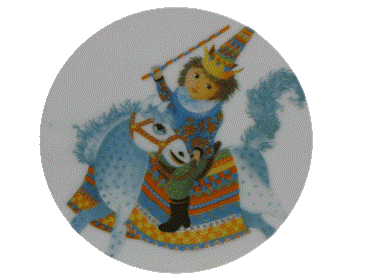

transit over the river of life
Suzanne takes you down to her place near the river
You can hear the boats go by
You can spend the night beside her
And you know that she's half crazy
But that's why you want to be there
And she feeds you tea and oranges
That come all the way from China
And just when you mean to tell her
That you have no love to give her
Then she gets you on her wavelength
And she lets the river answer
That you've always been her lover
And you want to travel with her
And you want to travel blind
And you know that she will trust you
For you've touched her perfect body with your mind.
And Jesus was a sailor
When he walked upon the water
And he spent a long time watching
From his lonely wooden tower
And when he knew for certain
Only drowning men could see him
He said "All men will be sailors then
Until the sea shall free them"
But he himself was broken
Long before the sky would open
Forsaken, almost human
He sank beneath your wisdom like a stone
And you want to travel with him
And you want to travel blind
And you think maybe you'll trust him
For he's touched your perfect body with his mind.
Leonard Cohen
|
|
Dieser Song, den Leonard Cohen 1966 für Suzanne Verdal in Montréal schrieb, hat uns in den 1970er Jahren als eine Art „Transit“- und „Trance“-Musik begleitet, vielleicht auch weil er von einer Frau, einem Fluß und einem Glauben inspiriert war: Suzanne Verdal sprach noch 1998 (www.leonardcohenfiles.com/verdal.html) in einem Interview von „a spirit union“, die damals Beide verband: Well, I think the river is the river of life and that river, the St. Lawrence River that we shared, tied us together. And it was a union. It was a spirit union. |
|
Alexandre Ivanov, Jesus wandelt auf dem Meer , um 1850 |
|


